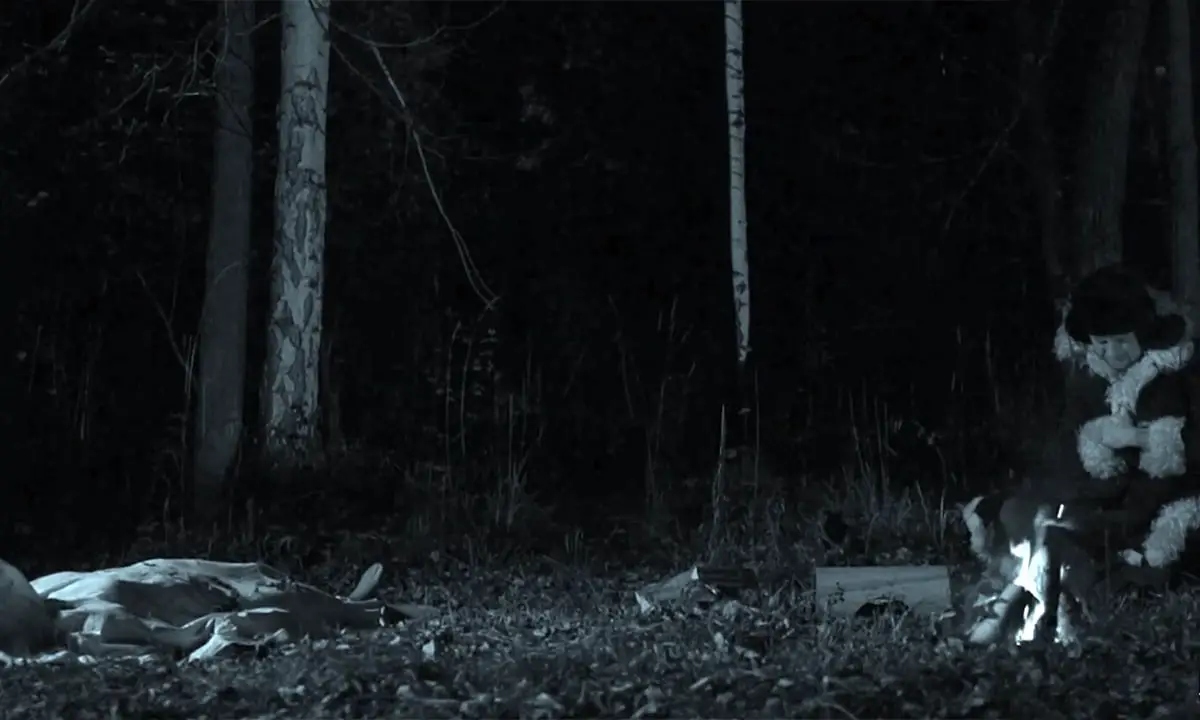Russian language literature is not best known for tales of horror or the supernatural. However, it does have some striking examples in the genre. The most successful are often short stories and, rather than using shock tactics, use ghosts, monsters, or witches to reflect the guilt or inadequacies of those that they visit.
Below, we present excerpts from four major works by major Russian-language authors. From Pushkin’s famous “Queen of Spades,” where a ghostly visitation seals a gambler’s tragic fate, to Chekhov’s ethereal “The Dead Body,” where fear seeps in through cracks created by the unknown, this resource provides a glimpse at how these authors, often better known for more realistic works, approached supernatural subjects.
Each excerpt is presented in side-by-side translation and is meant to serve as a language lesson for students of Russian as well as an overview of the genre. We have also included links to some of the adaptations that these famous works have inspired.
Alexander Pushkin – “Queen of Spades” (1834)
Александр Пушкин – «Пиковая дама»
This tale by one of the greatest Russian-language writers centers on Hermann, a Russian Imperial officer obsessed with gambling. When he hears that a fellow officer’s grandmother, an old countess, knows a secret trick to winning at faro, a popular high-stakes card game, he demands the secret from her. When she resists, he threatens her with his pistol and she dies of fright. Later, he believes that she visits him to forgive him and give him the secret:
| Сон у него прошел; он сел на кровать и думал о похоронах старой графини.
В это время кто-то с улицы взглянул к нему в окошко, — и тотчас отошел. Германн не обратил на то никакого внимания. Чрез минуту услышал он, что отпирали дверь в передней комнате. Германн думал, что денщик его, пьяный по своему обыкновению, возвращался с ночной прогулки. Но он услышал незнакомую походку: кто-то ходил, тихо шаркая туфлями. Дверь отворилась, вошла женщина в белом платье. Германн принял ее за свою старую кормилицу и удивился, что могло привести ее в такую пору. Но белая женщина, скользнув, очутилась вдруг перед ним, — и Германн узнал графиню! — Я пришла к тебе против своей воли, — сказала она твердым голосом, — но мне велено исполнить твою просьбу. Тройка, семерка и туз выиграют тебе сряду, но с тем, чтобы ты в сутки более одной карты не ставил и чтоб во всю жизнь уже после не играл. Прощаю тебе мою смерть, с тем, чтоб ты женился на моей воспитаннице Лизавете Ивановне… С этим словом она тихо повернулась, пошла к дверям и скрылась, шаркая туфлями. Германн слышал, как хлопнула дверь в сенях, и увидел, что кто-то опять поглядел к нему в окошко. Германн долго не мог опомниться. |
Sleep passed from him; he sat on the bed and thought about the funeral of the old countess.
At that moment someone from the street looked at his window, and immediately went away. Hermann did not pay any attention to it. A minute later he heard the door in the front room being unlocked. Hermann thought that his orderly, drunk as usual, was returning from a night’s walk. But he heard an unfamiliar gait: someone was walking, quietly shuffling in slippers. The door opened, a woman in a white dress entered. Hermann took her for his old nurse and wondered what could have brought her at such a time. But the white woman, slipping, suddenly appeared before him – and Hermann recognized the Countess! “I have come to you against my will,” she said in a firm voice, “but I have been ordered to fulfill your request. Three, seven and ace will win for you in a row, but on condition that you do not put more than one card per day and that you do not play for the rest of your life. I forgive you my death, on condition that you marry my ward Lizaveta Ivanovna…” With these words she quietly turned, went to the door and disappeared, shuffling her shoes. Hermann heard the door slam in the hallway and saw that someone was looking at him through the window again. For a long time, Hermann could not return to his senses. |
- This tale was turned into a film for television in 1982. You can watch it here.
Nikolai Gogol – “Viy” (1835)
Николай Гоголь – «Вий» (1835)
Perhaps the only true horror tale of classic Russian language literature, this short story tells of a young seminary student, Khoma Brut, who must spend three nights alone with a corpse in a church. Each night, increasingly horrifying supernatural forces attack him. He feels his sanity being tested even in the first moments with the corpse:
| Пред ним лежала красавица, какая когда-либо бывала на земле. Казалось, никогда еще черты лица не были образованы в такой резкой и вместе гармонической красоте. Она лежала как живая. Чело, прекрасное, нежное, как снег, как серебро, казалось, мыслило; брови – ночь среди солнечного дня, тонкие, ровные, горделиво приподнялись над закрытыми глазами, а ресницы, упавшие стрелами на щеки, пылавшие жаром тайных желаний; уста – рубины, готовые усмехнуться… Но в них же, в тех же самых чертах, он видел что-то страшно пронзительное. Он чувствовал, что душа его начинала как-то болезненно ныть, как будто бы вдруг среди вихря веселья и закружившейся толпы запел кто-нибудь песню об угнетенном народе. Рубиныуст ее, казалось, прикипали кровию к самому сердцу. Вдруг что-то страшно знакомое показалось в лице ее.
– Ведьма! – вскрикнул он не своим голосом, отвел глаза в сторону, побледнел весь и стал читать свои молитвы. |
Before him lay a beauty, such as the earth had ever seen. The features of a face, it seemed, had never been formed in such a sharp and at the same time harmonious beauty. She lay as though alive. The forehead, beautiful, tender, like snow, like silver, seemed to be thinking; the eyebrows, thin, even, proudly raised over closed eyes, were night in the middle of a sunny day, and eyelashes, falling like arrows on her cheeks, blazing with the heat of secret desires; the lips were rubies and ready to smile… But in these features, in these very same details, he saw something terribly piercing. He felt that his soul began to ache painfully, as if suddenly in the midst of a raucous celebration someone began to sing of oppressed people to the swirling masses. Her ruby lips seemed to make his blood scald his very heart. Suddenly something terribly familiar appeared in her face.
– Witch! – he cried out in a voice that was not his own. Looking away, he turned pale and began to read his prayers. |
- In 1967, this tale was turned into the only horror film produced under the USSR. Watch it here, with English subtitles.
- In 2018, a film was released that adapted the tale to include Gogol himself as a character. See the trailer here.
Fyodor Dostoevskii – The Double (1846)
Фёдор Достоевский – «Двойник» (1846)
This novella reads like an episode of The Twilight Zone. It explores the psychological horror of a man who encounters his doppelgänger. The protagonist, Golyadkin, slowly descends into madness as his double usurps his life.
| Тут случилось совсем неожиданное обстоятельство… Двери в залу растворились с шумом, и на пороге показался человек, которого один вид оледенил господина Голядкина. Ноги его приросли к земле. Крик замер в его стесненной груди. Впрочем, господин Голядкин знал все заранее и давно уже предчувствовал что-то подобное. Незнакомец важно и торжественно приближался к господину Голядкину… Господин Голядкин эту фигуру очень хорошо знал. Он ее видел, очень часто видал, еще сегодня видел… Незнакомец был высокий, плотный человек, в черном фраке, с значительным крестом на шее и одаренный густыми, весьма черными бакенбардами; недоставало только сигарки во рту для дальнейшего сходства… Зато взгляд незнакомца, как уже сказано было, оледенил ужасом господина Голядкина. С важной и торжественной миной подошел страшный человек к плачевному герою повести нашей… Герой наш протянул ему руку; незнакомец взял его руку и потащил за собою… | Then something quite unexpected happened… The doors to the hall opened with a noise, and at the threshold appeared a man whose very appearance froze Mr. Golyadkin. His feet were rooted to the ground. A cry died away in his constricted chest. However, Mr. Golyadkin understood in advance; he had long ago had such a premonition. The stranger approached Mr. Golyadkin with dignity and solemnity… Mr. Golyadkin knew this figure very well. He had seen it, seen it very often, even today… The stranger was a tall, stocky man, in a black tailcoat, with a bulky cross around his neck, and gifted with thick, very black sideburns; all that was missing was a cigar in his mouth to further the resemblance… But the stranger’s gaze, as has already been said, froze Mr. Golyadkin with horror. With an important and solemn expression, the terrible man approached the deplorable hero of our story… Our hero extended his hand to him. The stranger took it and dragged him along… |
- In 1989, this story was adapted into a film for Soviet television. You can watch it here.
- This story was adapted into an English-language film in 2014, starring Jesse Eisenberg. Watch the trailer here.
Anton Chekhov – “The Dead Body” (1885)
Антон Чехов – «Мёртвое тело» (1885)
This very short piece is perhaps less a story than it is an atmospheric sketch of the superstitions and fears that surround death. A pilgrim encounters two peasants keeping watch over a dead body on the side of the road. The peasants know nothing about the dead person or how he died, but have been told to keep watch over it, as is the tradition. In the absence of certain truth, the conversation eventually leads to assuming the worst and soon the pilgrim is paralyzed with fear:
| Ряска медленно отходит и опять останавливается.
— Ума не приложу, как мне быть… — бормочет она. — Тут около огня остаться, рассвета подождать… страшно. Идти тоже страшно. Всю дорогу в потемках покойник будет мерещиться… Вот наказал господь! Пятьсот верст пешком прошел, и ничего, а к дому стал подходить, и горе… Не могу идти! — Это правда, что страшно… — Не боюсь ни волков, ни татей, ни тьмы, а покойников боюсь. Боюсь, да и шабаш! Братцы православные, молю вас коленопреклоненно, проводите меня до деревни! — Нам не велено от тела отходить. — Никто не увидит, братцы! Ей же ей, не увидит! Господь вам сторицею воздаст! Борода, проводи, сделай милость! Борода! Что ты всё молчишь? |
Raska backs away slowly and stops again.
– I don’t know what to do…” she mumbled. – To stay here near the fire, to wait for dawn… I’m scared. Walking is scary too. All the way in the darkness I’ll see the dead man… God has punished me! I walked five hundred versts on foot, and nothing, but I started to approach home, and now grief… I can’t move! – It’s true that it’s scary. – I’m not afraid of wolves, or thieves, or darkness, but I’m afraid of the dead. I’m afraid, and that’s all! Orthodox brothers, I beg you on my knees to escort me to the village! – We’re not allowed to leave the body. – No one will see, brothers! By God, no one will see! God will repay you a hundredfold! Good sir, escort me. Be kind! Good sir! Why don’t you say anything? |
- This story has also been adapted to an amateur short film. You can watch it here.
You’ll Also Love
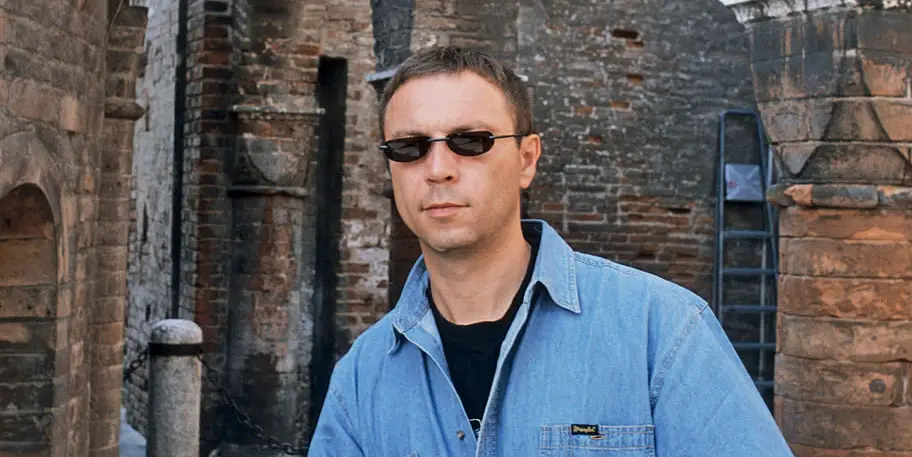
Victor Pelevin: Postmodernism for a Post-Soviet Society
Victor Pelevin, the cult author of such postmodernist classics as Oman Ra and Generation P, does not appear often in public and very rarely gives interviews. When he does, they are usually done over the internet. Pelevin’s published works, fortunately, speak for themselves. His novels are often multi-layered texts fusing elements of pop culture with […]
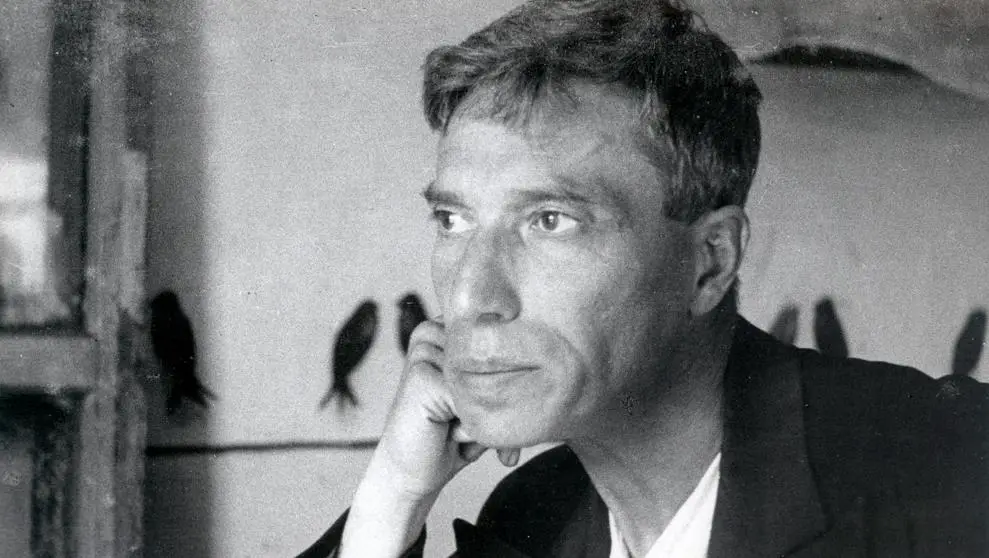
Boris Pasternak as an Embodiment of Art’s Nonconformist Nature
Book Review: Lazar Fleishman, Boris Pasternak: The Poet and His Politics (London, England; 1990) 359 pages In Boris Pasternak: The Poet and His Politics, Lazar Fleishman provides his reader with an in-depth look at the novelist and poet Boris Pasternak, beginning with his origins as a child musician and concluding with his receipt, and rejection of, the Nobel […]
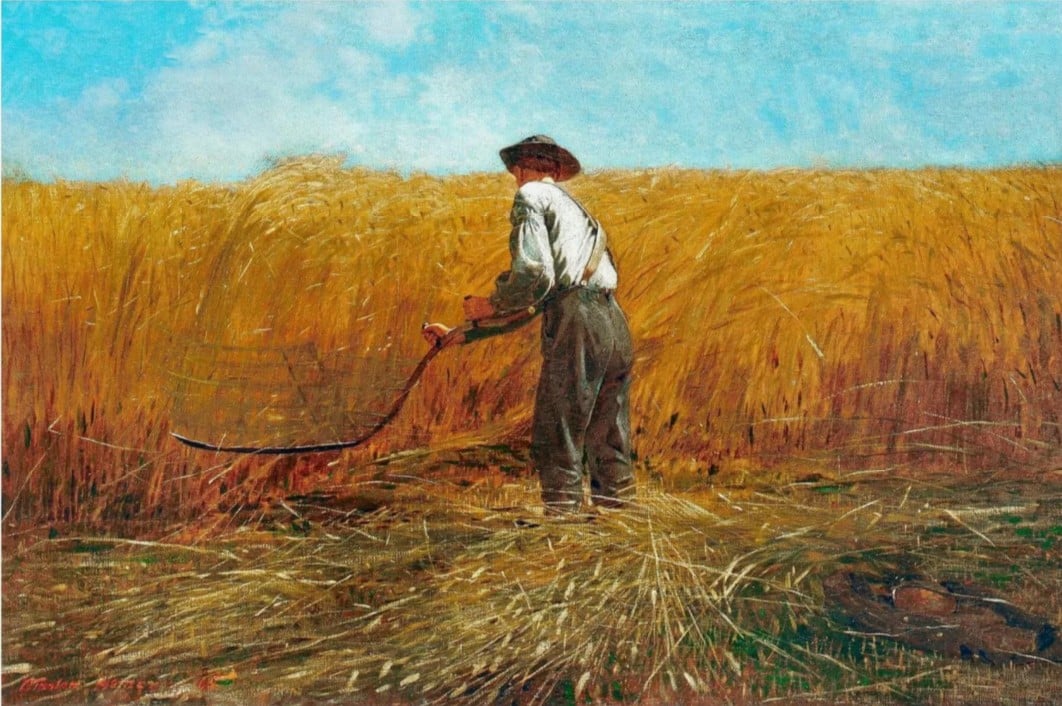
Good Health and a Clean Conscience: Constantine Levin as Body and Spirit in Anna Karenina
If adultery is a sin of the flesh, then a novel about adultery must necessarily be occupied with the human body. Or, at least, the author of world literature’s most canonical novel about adultery certainly was. Lev Tolstoy was at many points in his life consumed by questions about the power and autonomy of the […]
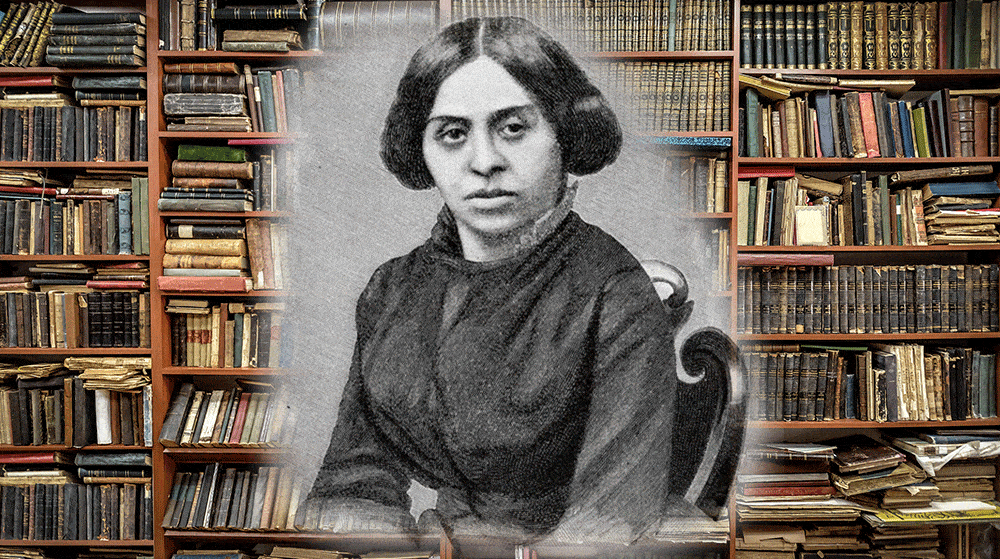
Nadezhda Khvoshchinskaya – A Forgotten Great of Russian Literature
Nadezhda Khvoshchinskaya became a prolific and widely popular author in early 19th century Russia. Her most famous novels reflect on the stylistic staples of 19th century Russian literature, focusing on women’s issues and other social problems through the lens of realism. Despite her fame and success, Nadezhda Khvoshchinskaya has largely been forgotten in the study […]
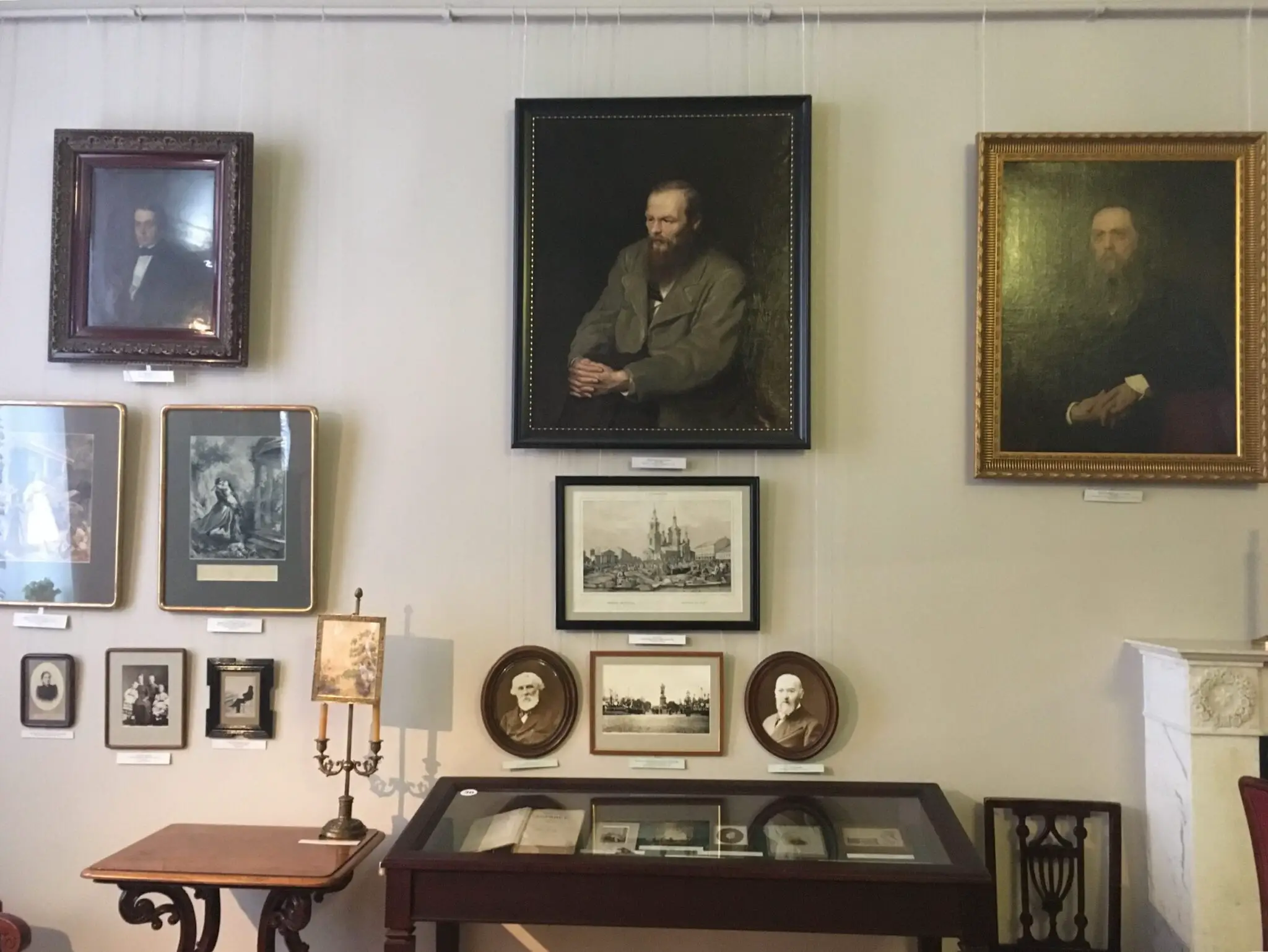
The Literary Museum of the Institute of Russian Literature (The Pushkin House)
The Literary Museum of the Institute of Russian Literature of the Russian Academy of Sciences is often just called “The Pushkin House” for short. It provides, essentially, an overview course on Russian canonical writers from the Golden Age through the end of Russia’s Silver Age. It achieves this by displaying original manuscripts and personal belongings […]


